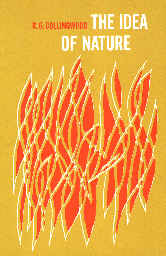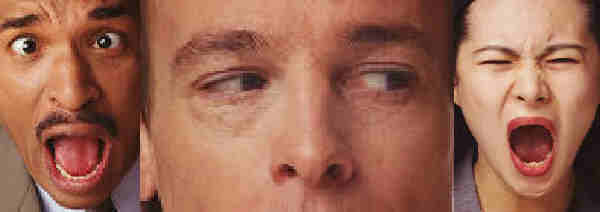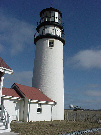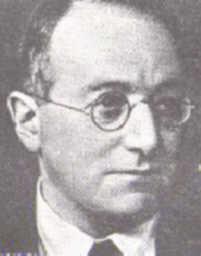In this book Collingwood proves to us that whatever subject he writes on, he writes about history. The Idea of Nature is the history of our understanding of nature as it developed over time: from classical views, through renaissance views, right up to modern views of nature in 1933, when he first wrote the articles that went into this book. Collingwood gives us a view of modern physics with the freshness that only newness can bring. Bereft of the following sixty years of evolution of thought up to today, the reader can get closer to the dramatic changes that early relativity and quantum mechanics brought to our ideas of nature.
"The shorter our standard time-phase for an historical event, the more our history will consist of destruction, catastrophes, battle, murder, and sudden death." This is a list of the favorite contents of 1993 news programs, which suggests the short span of historical understanding of the average modern citizen. Collingwood says it is easier to see the destruction than to see the construction of things because it does not take as long. He then proves, with this book, that to understand the construction of our current idea of nature requires a review of all the ideas held about nature from Aristotle to Einstein. To cross this Rubicon of understanding with him we step gingerly on the stepping stones of Plato, Kepler, Copernicus, Bruno, Newton, Spinoza, Berkeley, and Kant. We hop onto the bank of the twentieth century doing the two step with Alexander and Whitehead. What do we find on the shore? That being is doing, that analysis reveals the components, but it destroys the life therein. It's as though philosophers had been studying Gray's Anatomy (drawn from dissected corpses) and wondering why they had trouble comprehending how life could possibly exist in the pictured structures.
In the last sentence he says, " . . . we go from the idea of nature to the idea of history." Thus he states his next writing assignment, his next book, The Idea of History.
~~~~~~~~~~~~~~~~~~~~~~~~~~~~~~~~~~~~~~~~~~~~~~~~~~~~~~~~~~~~~~~~~~~~~~~~~~~~~~~~~~~~~~~~~~~~~~~~~~~~~~~~~~~~~~~~
~^~ Over One Million Good Readers A Year as of 2004 ~^~


Are you unhappy with your life? Fearful? Angry? Anxious? Feel down or upset by everyday occurrences? Plagued by chronic discomforts like migraines or tension-type headaches? At Last! An Alternative Approach to Removing Unwanted Physical Body States without Drugs or Psychotherapy!
Click on Faces Below.
Click on Faces Below.


Books are Lighthouses Erected in the Sea of Time

